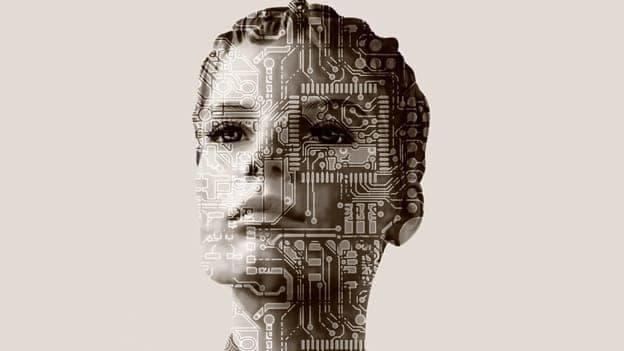An AI-ready workforce will make or break for businesses sooner than you think

As we hurtle towards 2022, technology has become a massive part of the new normal in our personal and professional lives. In the workplace, especially, Artificial intelligence (AI) is taking root through innovations, by reducing repetitive work and boosting productivity. For businesses, it is now essential to understand the role AI can play and to upskill non-AI workers in order to raise efficiency and productivity.
Perhaps its most critical impact is on internal business technology and operations, thus making it a strategic necessity for positive returns and maintain their competitive advantage.
As AI is integrated into the workplace, automating certain tasks, it also means that job roles will transform. According to a report by FICCI, NASSCOM and EY, ‘Future of Jobs in India – A 2022 Perspective’, within two years 9% of Indians will be in jobs that do not exist today and 37% of the workforce would be employed in jobs with radically changed skill sets.
So, how do companies achieve their AI aspirations? They need the right mix of talent and skilled workers to find solutions for business needs, build and deploy AI systems, integrate it into processes and interpret results.
Alongside all this, upskilling non-AI workers will require implementing learning opportunities, impacting human resource functions such as recruiting, onboarding and corporate learning. Performance management and development skills needed in these roles should be included in the fundamental understanding of AI use across the employee life cycle.
According to a Gartner report, by 2022, one in five workers engaged in non-routine tasks will rely on AI to do their jobs. As soon as this dependency is established, developing an AI-ready workforce will not just be a competitive advantage but an imperative.
Collaborations based on AI will provide a seamless collection of information stored in a single place. It will also provide the required assessment for improvements.
AI also automates repetitive responses, making communicate easier for the organisation. So, if we update the necessary information in a single depository, it will be easier for employees to access and act accordingly.
This brings us to another advantage. By introducing process-oriented and quantitative skills, AI will make its way up the skillset ladder into cross-functional reasoning, including creativity and social abilities. It will not only add value to the company and employees, but also facilitate greater employee satisfaction, reduce employee churn and increase customer satisfaction.
Therefore, what’s required is a flawless co-existence of AI and human workers, complementing each other and leading to the best possible organisational performance.
As leaders focus on optimising the combination of people and automated work, the future is both digital and human. This is driving a new priority that requires leaders and teams to develop AI fluency while reimagining their automated functions to be more personal, human and intuitive.
















